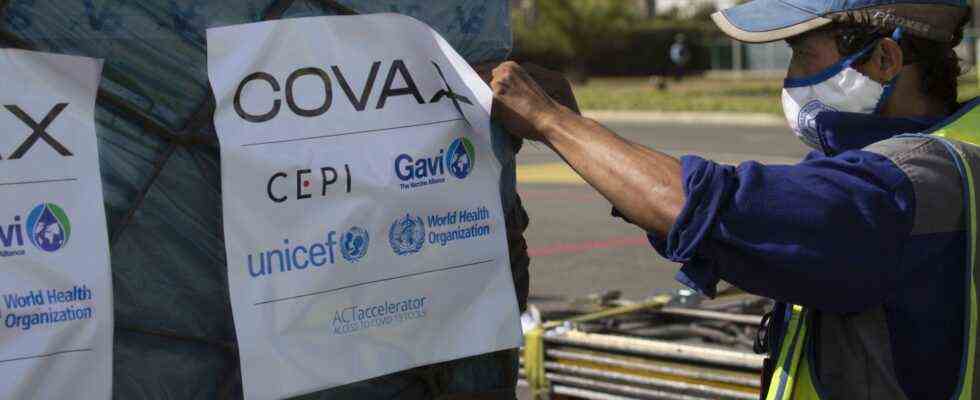As of: 12/29/2021 8:53 a.m.
In addition to its own vaccination campaign, Germany also wants to continue to support the fight against the pandemic in poorer countries in the coming year. The federal government wants to donate 75 million vaccine doses – less than in the current year.
The federal government is pushing for the vaccination campaign to proceed as quickly as possible – and is also looking at developments in other, poorer countries. In order to support the local fight against the corona virus, Germany plans to donate at least 75 million vaccine doses in the coming year.
This was announced by Federal Development Minister Svenja Schulze to the editorial network in Germany. The SPD politician stated that Germany had donated around 100 million vaccine doses to other countries this year:
But we can’t stop there. For the coming year we are planning a further donation of at least 75 million cans.
Schulze emphasized that the nationwide vaccination campaign should not be influenced by the donations – a point of view that Federal Health Minister Karl Lauterbach had previously expressed. “We agree that we will manage both: the supply of our own population and that of the poorer countries.”
Germany is the world’s second largest vaccine donor
With a total of 100 million vaccine doses donated, Germany is the largest vaccine donor in the world, according to the Foreign Office. The recipients included Ethiopia, Malawi, Sudan, Vietnam, Iran as well as the Philippines, Kenya and Pakistan.
The vaccine donations go primarily to the Covax initiative, which was founded in 2020 by the World Health Organization together with the European Commission and France. Covax is committed to distributing the vaccine to poorer countries and supporting the vaccination programs that are running there.
In addition to the donations, Germany also wants to support the necessary logistics so that the vaccine arrives at the necessary places, said Schulze. It is important that the vaccine not only arrives in the poorer countries in the capital cities, but that the population in remote villages is also vaccinated.
“Brutal” effects of the pandemic
Schulze described the pandemic and its effects in such countries as “really brutal”, especially since other diseases such as malaria or tuberculosis also had to be combated. In addition, there would be increasing poverty and hunger.
However, Schulze still refuses to revoke the patent for vaccines. “I would be open to it if it would help us now. But the manufacturing process of modern vaccines is so technically demanding and complex that the suspension would be of no use,” said the minister. Worldwide production in cooperation with the manufacturers is necessary. For example, Germany is helping to train specialists for the planned BioNTech vaccine production in Rwanda.

